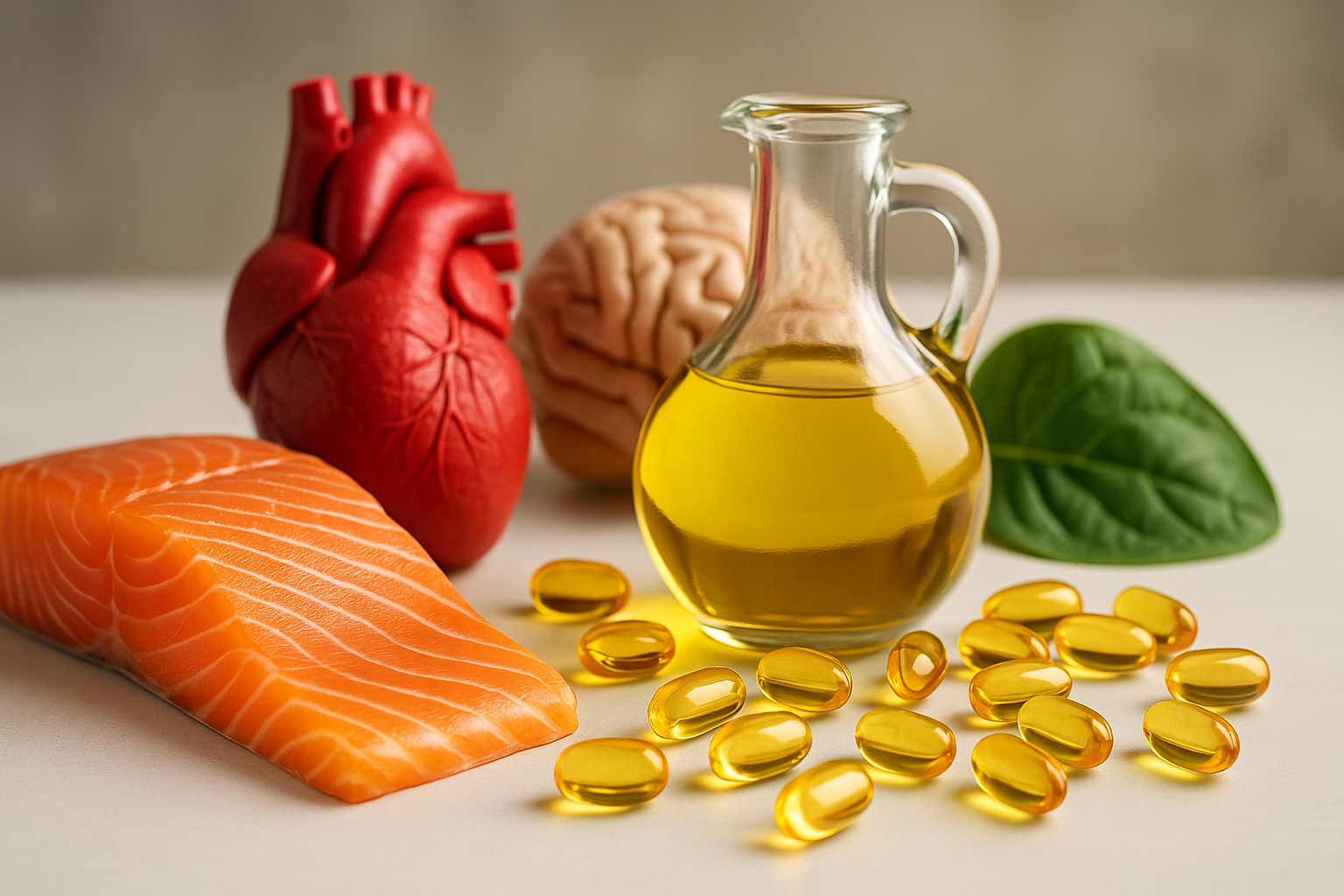
Whether classic food fasting, juice cures or abstaining from individual foods such as chocolate or alcohol - fasting is a trend that is pronounced in many forms. Hippocrates had already recognised fasting as a medical therapy in ancient times. In particularly bad cases, he even recommended drinking only honey water. He saw sloth and gluttony as causes of obesity that should be countered by abstaining. Regular cures help the immune system, can alleviate illnesses and positively influence eating habits.
Abstaining from food or certain stimulants has existed as long as mankind. This process is called fasting. The Germanic word fasting, as a Christian term, comes from the Old High German "fastēn", which originally meant "(to hold to the commandments of abstinence)", whereby the commanded abstinence was thought of as "being festive". The Gothic word "fastan", which means "(to) hold fast, to watch closely, to guard", also points in this direction.
Hippocrates had already recognised fasting as a medical therapy. In particularly bad cases, he even recommended drinking only honey water. He saw sloth and gluttony as causes of obesity that should be countered by renunciation. But this is not in the human genes at all: Even when man was still a hunter-gatherer, he ate plenty when he had food available, because he sometimes had to live off his own substance for months.
Fasting in Christianity, Judaism and Islam
The fact that fasting always has a religious meaning is evident in Christianity, Judaism and Islam. The strictest fasting day in Judaism is the Day of Atonement Yom Kippur. Fasting on this day is all-encompassing and, for those who follow the religious tradition, means neither eating nor drinking for an entire night and the entire following day. The fast begins on the two most important fast days, Yom Kippur and Tisha BeAv, before sunset the previous evening and lasts until nightfall the following day, thus in about 25 hours. And on the seven days before Passover, which commemorates the Exodus from Egypt, many devout Jews abstain from leavened foods.
In the Christian Western Church, Lent is the 40-day period of fasting and prayer in preparation for the Solemnity of Easter. In the churches of the Reformation, the term "Passiontide" is commonly used, and in the Roman Catholic Church, the term "Easter penitential season" has been used since the Second Vatican Council. The Orthodox Churches call it Holy and Great Lent, but also know three other longer periods of fasting. The biblical background for setting Lent at 40 days and nights is Jesus' fasting in the desert, which also lasted forty days. In addition to observing special food commandments, other forms of asceticism and penance are also recommended.
Ramadan, on the other hand, is the fasting month of Muslims and the ninth month of the Islamic lunar calendar. According to Islamic belief, the Qur'an was sent down during this month. During Ramadan, many Muslims want to reflect on their faith and come closer to Allah. This fast is an important commandment for Muslims. It is written in the Qur'an, is called Saum and belongs to the "Five Pillars of Islam". Between dawn and sunset, there is nothing to eat or drink during Ramadan, and other rules also apply during the Islamic fasting period. For practising Muslims, fasting means 29 to 30 days of abstinence from sunrise to sunset.
Digital Detox" is the name of fasting in times of digitalisation.
But why should we actually fast beyond religious considerations? Whether it's a classic food fast, juice cures or abstaining from individual foods such as chocolate or alcohol - fasting is a trend that comes in many forms. In addition, for some time now people have been consciously giving up their smartphones or the use of social media. "Digital detox" is the name given to fasting in times of digitalisation and constant accessibility.
It's quite simple: regular cures help the immune system, can alleviate illnesses and positively influence eating habits. The human body produces waste products every day that need to be disposed of. In most cases, the organism can take care of this important task on its own. But in the course of time, the detoxification organs can become overburdened with their work and are not able to remove all substances from the body. The resulting so-called slags, i.e. acid residues neutralised by the body, lime particles, cholesterol compounds, heavy metals or nanoparticles absorbed from outside, burden the body and can even damage it in the worst case. It is therefore advisable to regularly support the body in its task of ridding itself of waste products in a natural way.
Dr. Otto Buchinger as the inventor of therapeutic fasting
Incidentally, the foundation of therapeutic fasting was laid by Otto Buchinger, who published his major work "Therapeutic Fasting and its Auxiliary Methods" in 1935. The doctor lived between 1878 and 1966. In July 1920, he founded his own therapeutic fasting clinic in Witzenhausen, the Kurheim Dr. Otto Buchinger, which moved to Bad Pyrmont in 1935. In 1953, together with his daughter Maria Buchinger and her husband Helmut Wilhelmi, he founded another clinic on Lake Constance in Überlingen. These clinics are still run today, now in the fourth generation.
How did it come about? When the trained physician fell ill with rheumatism due to a tonsillitis that had not healed, he underwent a fasting cure lasting almost three weeks and conquered the disease. This laid the foundation for his research in the field of naturopathy with a focus on fasting. Even at that time, he emphasised that therapeutic fasting was not suitable for those who were interested in losing weight, because this was "only a nice side effect". Moreover, everyone should have his or her health checked before intensifying the body's own purification and detoxification processes.
According to the German Nutrition Society, traditional Buchinger fasting begins the day before the fast with an energy reduction to about 1000 calories a day. The intake of caffeine, alcohol and nicotine is stopped at this time at the latest. Moderate to normal physical activity is recommended as well as emotional preparation for fasting (stress avoidance, more rest). According to the fasting therapy guidelines, fasting therapy is best carried out in a group under medical supervision. As a rule, therapeutic fasting generally involves no solid food for five to a maximum of 35 days. Depending on the fasting model, the fasting person feeds exclusively on vegetable broth, juices, tea and water. According to the theory, this is to activate the body's self-healing powers. Some people also want to lose a few pounds this way.
Successful with regular fasting cures
For those for whom therapeutic fasting is suitable, the positive effects of regular cures have already been impressively proven by a whole series of clinical studies. Neurodermatitis, psoriasis, allergies and asthma can be treated or alleviated just as successfully with regular fasting cures as back pain to rheumatic diseases, headaches and migraines, stomach and intestinal problems, cardiovascular diseases, sleep disorders, diabetes or obesity. Researchers around the world are now even of the opinion that temporarily abstaining from food has lasting benefits for health and prolongs life.
Therapeutic fasting has a massive influence on the processes in the body. It strengthens the immune system, which is heavily involved in the digestive process in regular everyday life. In the fasting phase, it can turn more to its most important task and eliminate disease-causing invaders. Fasting is therefore often referred to as the body's "inner doctor".
A positive side effect is the effect on the psyche, which should not be underestimated. If the first few days are still difficult, those who persevere are rewarded for their efforts with a real surge of energy. This also lifts the spirits.
Too much water in the body is unhealthy
By the way, it can sometimes be useful to rid the body of excess water while fasting. The balance of water in the body is crucial, because too much water in the tissues poses health risks. Many people have too much water in their tissues, and women are particularly affected. In this case, we speak of water retention - medically called oedema. The word oedema comes from the Greek and means "swelling". Because that is exactly what happens to the body tissue due to the additional water retention: it swells. Thus, oedema can cause the legs, ankles, abdomen, waist, buttocks, hands, fingers, upper arms, face and eyelids to thicken. This not only looks flabby and unattractive, but also puts a strain on the circulation, drives up blood pressure and damages health in the long run. If you want to counteract these risks, you should dehydrate your body. Natura Vitalis has launched "Aqua GO Strong", a special product for this purpose.
* This text may contain translation errors as the translation was performed by an online translation tool.










